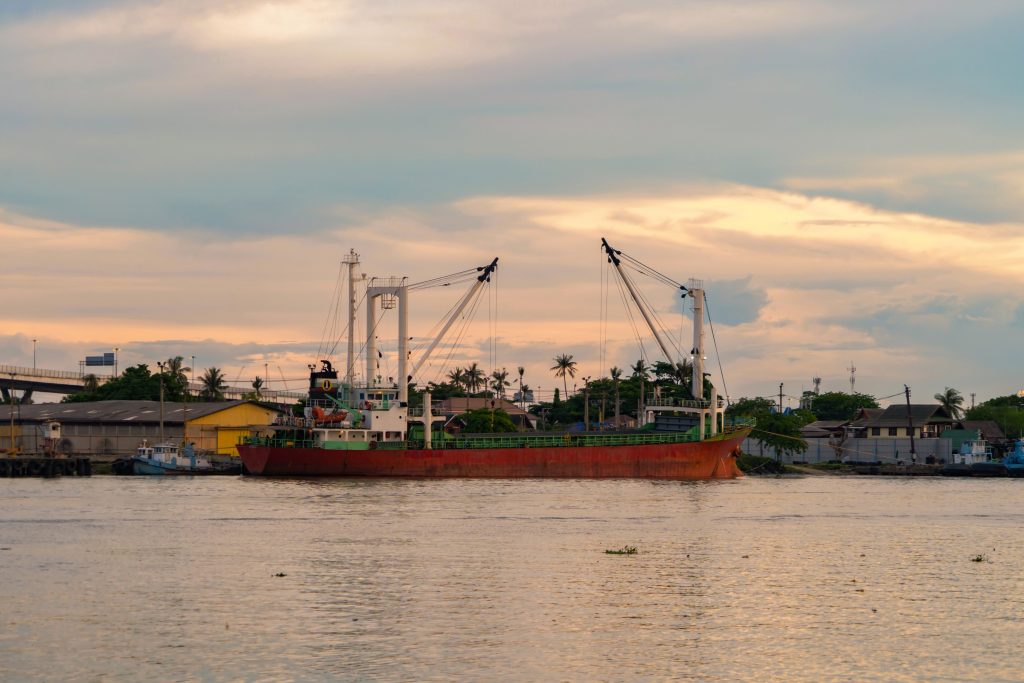Importer of Record vs Consignee: Key Differences You Need to Know

Successful cross-border transactions are crucial in today’s international shipping market. They allow businesses to expand their client base, penetrate new markets, or streamline their supply chain. However, a common mistake that many enterprises fail to realize is not clearly understanding the role of different entities in ensuring a smooth shipping process.
One common confusion is about the roles of the Importer of Record (IOR) and the Consignee. Although the terms are often used in numerous logistics paperwork, many tend to mistake one for the other, creating legal and operational risks to the operations.
Understanding the distinction between IOR and Consignee and how a logistics company in the Philippines can help is crucial to determining who is responsible for the different parts of the shipping process.
Core Responsibilities of IOR and Consignee
· Who is the Importer of Record?
The IOR is the legal entity or person responsible for ensuring that the imported products comply with all the laws and regulations of the destination country. They need to submit necessary documents, accurately classify imported goods, pay the financial obligations, and acquire all the required permits.
· Who is the Consignee?
On the other hand, the Consignee is the entity to which the products are shipped. This usually includes the end customer, a distributor, or a warehouse that will receive the shipment once it clears customs. Even if they assume physical possession of the goods after delivery, they are not responsible for regulatory compliance or customs duties (unless they are also assigned as IOR).
Key Differences Between IOR and Consignee You Should Know
While the two crucial roles can overlap depending on the situation, certain differences distinguish them.
· Legal Accountability
The IOR is mainly responsible for ensuring that the shipment complies with all customs and import regulations. They are accountable for any incorrect declaration, missing permit, or misclassified goods and will face the penalties associated with non-compliance.
Meanwhile, the Consignee has no legal burden regarding the shipments. Their role is limited to taking delivery of goods and focusing on the operational aspects of the shipping process. However, if they are also assigned as the IOR, they will also be accountable for any non-compliance.
· Customs Clearance Role
The IOR actively engages in the customs clearance process. They are responsible for preparing and submitting entry declarations, coordinating with brokers, and responding to queries by customs agents. They should resolve any documentation issues and other flags from customs to have the shipment released.
The Consignee does not participate in customer procedures as they only receive the goods once they’ve cleared customs. Making them responsible for import requirements might lead to significant delays in clearing the customs process.
· Financial Responsibility
Apart from managing customs paperwork and compliance, the IOR is also responsible for paying financial obligations for the payment. If the shipment is flagged for non-compliance and penalties or fines are imposed, it is the IOR’s responsibility to cover the costs.
Meanwhile, the Consignee only pays the agreed purchase price or shipping costs outlined in the contract. They are not liable for compliance-related fees or taxes incurred during the import process. However, if they are obliged to handle these fees, it must be explicitly stated in writing to prevent disputes and additional costs.

How a Logistics Company in the Philippines Can Help
Partnering with a logistics company would benefit importers looking to grow in the Philippine market. They can serve as your Importer of Record in Manila, Philippines, taking on the legal and compliance responsibilities for shipments entering the country. The top logistics companies have professionals who can handle customs documentation, secure necessary permits, and coordinate with customs authorities. Are you looking to simplify your import process and and ensure compliance with Philippine customs laws? Partnering with Excelsior Philippines can give your business a competitive advantage in the market. We offer strategic insights and customs expertise that can help our clients ensure a smooth import process and that shipments arrive legally and on time.
